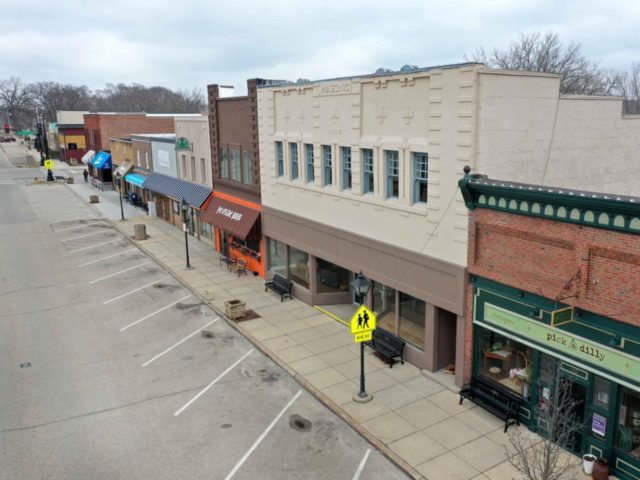Optimism has collapsed among America’s small business owners.
The National Federation of Independent Businesses index of small business optimism fell 8.1 points in March to 96.4, the largest monthly decline in the survey’s history.
Nine of the 10 Index components declined. The sharpest decline was in expected sales, which saw a 31 percentage point decline so that a seasonally adjusted net 12 percent of businesses now expect falling revenue. That is the largest decline for this metric in the survey’s history. Actual sales held strong in March, with a net 8 percent of all owners reporting higher nominal sales in the past three months.
“Small businesses are living through the coronavirus pandemic right now and it’s hard to say what the severity of the disruption will be, but we do know they’re feeling the urgency,” said NFIB Chief Economist William Dunkelberg in a statement released with the report. “It is vital that these businesses have access to federal funds that are made available through the CARES Act to keep the doors open on Main Street.”
The NFIB survey collected the majority of responses in the first half of the month, so the 10 million job loss in the final two weeks of the month and the effects of widespread lockdown orders are not reflected in the March survey data.
Sixty percent of owners reported capital outlays, down just two points from February. Of those making expenditures, 43 percent reported spending on new equipment, 26 percent acquired vehicles, 16 percent improved or expanded facilities, 6 percent acquired new buildings or land for expansion, and 12 percent spend money for new fixtures and furniture. Twenty-one percent of owners said they are planning capital outlays in the next few months, a five-point decline.
Those figures will almost certainly decline in the next survey, as businesses pull closed the purse strings in April as the result of orders to shutter businesses and the widespread economic contraction that has gripped the nation and the world. That will hit manufacturers of equipment and vehicles as well as construction.
Reports of better business conditions in the next six months declined 17 points to a net 5%, which is the largest monthly decline since November 2012, indicating that business owners expect the drag from the pandemic will linger last into this year at least.
NFIB released separate surveys in March on how COVID-19 is impacting small businesses. The latest indicated that 92 percent of small employers are negatively impacted by the outbreak and about half of small employers said they can survive for no more than two months under the current business conditions.

COMMENTS
Please let us know if you're having issues with commenting.